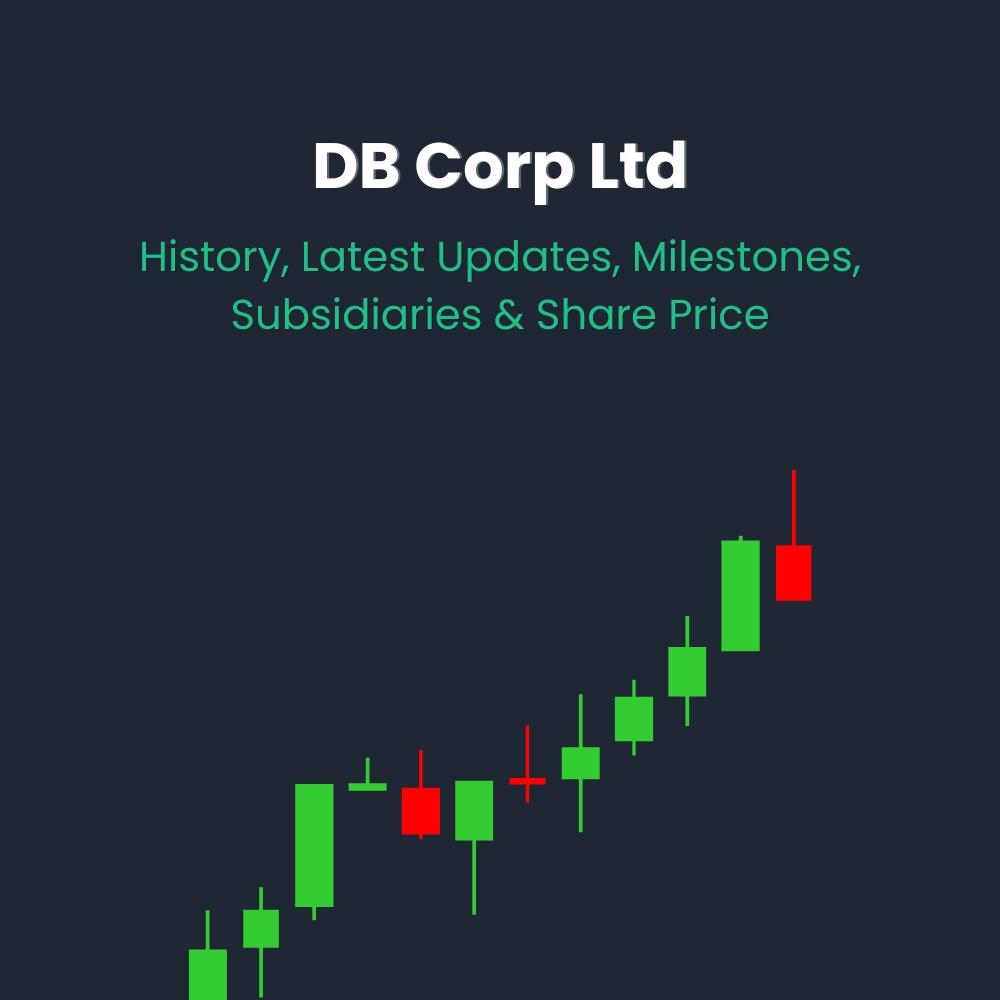How Should Stock Market Brokerage be Calculated?
While trading in the stock market, it is critical to understand the various fees and charges, including stock market brokerage charges, and how they are computed. Read on to know more about what brokerage charges are and how it is calculated.
What is a Brokerage Calculator?
A brokerage calculator is an online application that may be used to calculate brokerage fees, stamp duty, transaction fees, SEBI turnover fee, GST, and Security Transaction Tax, among other things (STT). As a result, using a brokerage charges calculator makes calculating trade expenses much easier.
This calculator delivers accurate charge information in real-time, enabling quick and efficient trade. The brokerage calculator also gives the investor enough information to compare competitors' prices. Moreover, it assists investors in determining how much they will spend to carry out a specific transaction and making informed investment selections.
A brokerage calculator can compute and compare brokerage charges for commodities, currency, stocks futures and options, intraday, and carry forward transactions. This can be done on several different stock and commodity exchanges. It's a priceless tool, an effective alternative to the error-prone manual calculation technique. Many brokers have come up with brokerage calculators such as upstox brokerage calculators and trademark brokerage calculators.
Types Of Stock Brokers
Full-Service Brokers
Full-service brokers provide various services, including retirement and investment planning, tax counselling, and market research. They are beneficial to someone who lacks time to undertake their financial planning. Full-service brokers charge a greater fee or share brokerage charges than other brokers. The number of services offered by full-service brokers differs from those offered by other brokers.
Discount Broker
A discount broker charges a lesser commission or shares brokerage charges because they don't provide any advice or value-adds to your trade, such as research and planning; instead, they simply execute it. Typically, the lesser the fee, the more trades they execute for you. You will have to handle your portfolio yourself if you pick this broker.
Online Stockbroker
An online stockbroker, often known as a direct access stockbroker, provides services to active day traders at the lowest possible commission — usually on a per-stock basis. Direct access platforms with routing and charting capabilities, as well as access to numerous exchanges, market makers, and electronic communication networks are available through online stockbrokers (ECN).
What are Brokerage Charges?
Brokerage charges are the fees that brokers charge for providing their services. This varies from one broker to another and depends on the type of business you conduct. You will be charged for intraday trading as well as delivery. Let's have a look at both concepts:
Intraday Trading:
The intraday trading method is used when a trader buys and sells shares on the same trading day. If you buy a certain number of shares and sell them before the end of a day's trading session, you engage in intraday trading. Intraday trading fees can range from 0.01 percent to 0.05 percent of the volume/amount transacted, depending on the stockbroker.
Delivery: You will be charged for delivery when you opt to keep your stocks. Delivery fees range from 0.2 percent to 0.75 percent of the total transaction volume.
How to Calculate Brokerage Fee?
Wondering how to calculate brokerage fees in the share market? Let us say you spend Rs 100 on the stock. Then there's a brokerage fee of 0.05 percent of Rs 100, or Rs 0.05. If the intraday charge is.05 percent and delivery charge are .50 percent, then Intraday brokerage will be the market price of 1 share * the number of shares * 0.05% and delivery brokerage will be the market price of 1 share * the number of shares * 0.50%.
Useful tips:
Negotiate: Stockbroker executives will speak about brokerage in industry lingo. However, this does not imply that you will be charged that amount as a brokerage fee. Several online brokers, such as trademark, charge Rs. 15 for each order. As a result, become familiar with the fees charged by brokers in your area and engage in negotiations.
Trading costs: Brokers and investment advisors frequently charge commissions to consumers who use their services. These are also referred to as "trade costs." They essentially pay for any financial advice or to have orders for the sale or purchase of securities, such as stocks, commodities, options, or exchange-traded funds, executed (ETFs). Because commission rates differ from company to firm, it's critical to check a brokerage's cost schedule before deciding to use their services.
No commission firms: Consider investing your money with a firm that charges no commissions or fees for stock and ETF trades. Few small firms who are new to the game—are adopting this structure to attract and retain clients. Some of these companies will waive the minimum deposit requirement, allowing you to start with a modest amount at no extra charge.
Robo-advisors: Robo-advisors are a relatively recent trend in the financial business that, due to their low fees, might be beneficial to small investors.
Conclusion:
Traders now have access to a huge number of broker firms, providing them with a diverse variety of options. One of a broker's primary sources of income is commission. Brokers provide lower brokerage fees if you give them larger quantities of shares and higher fees if you give them lesser amounts to entice traders. The cost of intraday brokerage is usually less than the cost of delivery. So, look into the fees that various brokers have to offer and pick one immediately!



